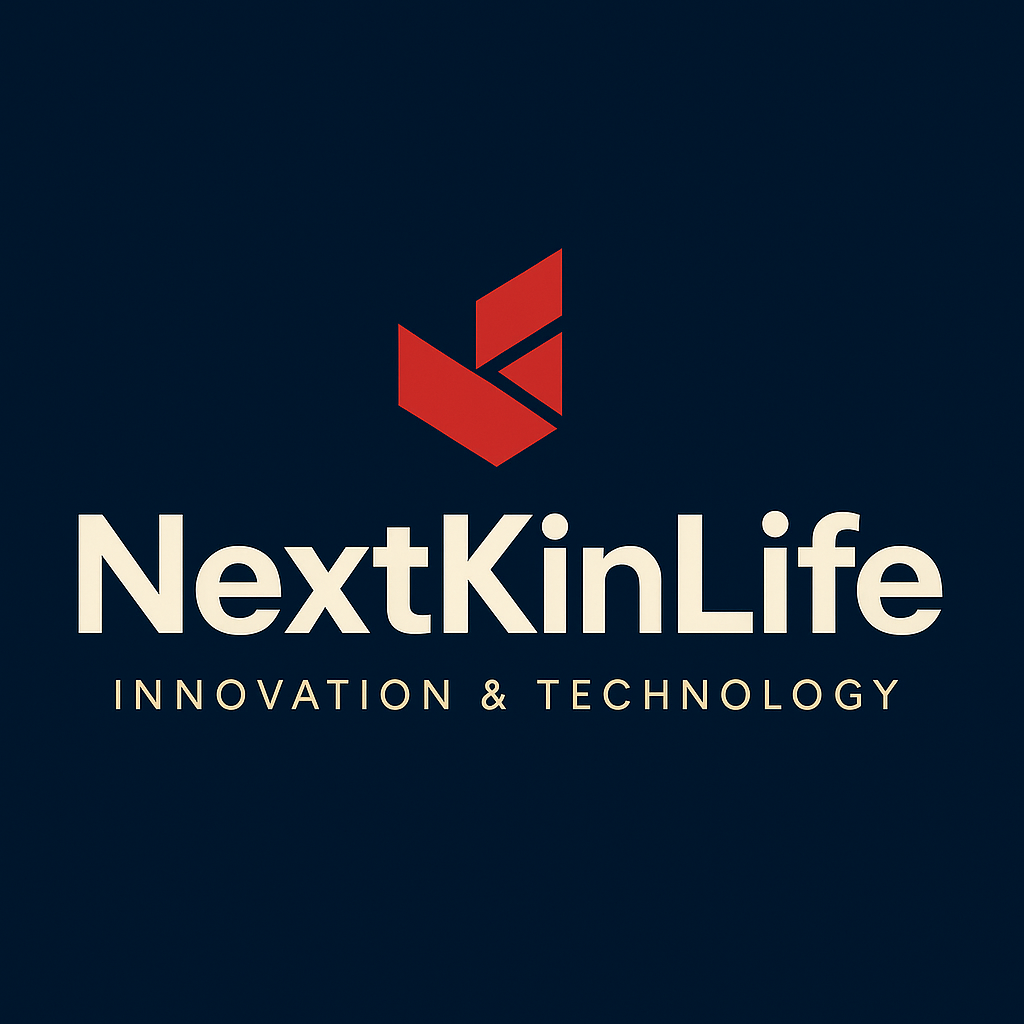100%
High-quality service delivery
50+
Support available in four locations
24
Prompt and reliable support
Data Analytics Process Overview
Step-by-step Guide
1
Understanding Data Analytics Techniques
Analytics
2
Key Benefits of Data Analysis
Benefits
3
How to Implement Data Solutions
Implementation
4
Best Practices for Data Management
Practices
5
Future Trends in Data Analytics
Trends

★★★★★
Nextkinlife has transformed our approach to data analysis. Their expertise in analytics services has significantly improved our decision-making processes. The team is professional, responsive, and dedicated to delivering tailored solutions that meet our unique needs. We highly recommend their services to any organization looking to enhance their data capabilities.
What is Data Analytics?
Data analytics involves examining datasets to draw conclusions about the information they contain. It helps organizations make informed decisions by identifying trends, patterns, and insights from data, ultimately driving business growth and efficiency.
How can Data Analytics benefit my business?
Data analytics can enhance your business by providing actionable insights that lead to better decision-making. It helps in optimizing operations, improving customer experiences, and identifying new market opportunities, thus increasing profitability.
What tools are commonly used in Data Analytics?
Common tools for data analytics include software like Tableau, Power BI, and Google Analytics. These tools facilitate data visualization, reporting, and analysis, enabling businesses to interpret complex data sets effectively and make data-driven decisions.
Is Data Analytics suitable for all industries?
Yes, data analytics is applicable across various industries, including finance, healthcare, retail, and technology. Each sector can leverage data analytics to enhance operations, improve customer service, and drive innovation tailored to their specific needs.
What skills are needed for a career in Data Analytics?
A career in data analytics typically requires skills in statistical analysis, data visualization, and proficiency in programming languages like Python or R. Additionally, knowledge of database management and strong problem-solving abilities are essential for success in this field.
How do I get started with Data Analytics?
To start with data analytics, consider taking online courses or certifications in data analysis tools and techniques. Building a portfolio of projects and gaining practical experience through internships can also help you establish a career in this growing field.
